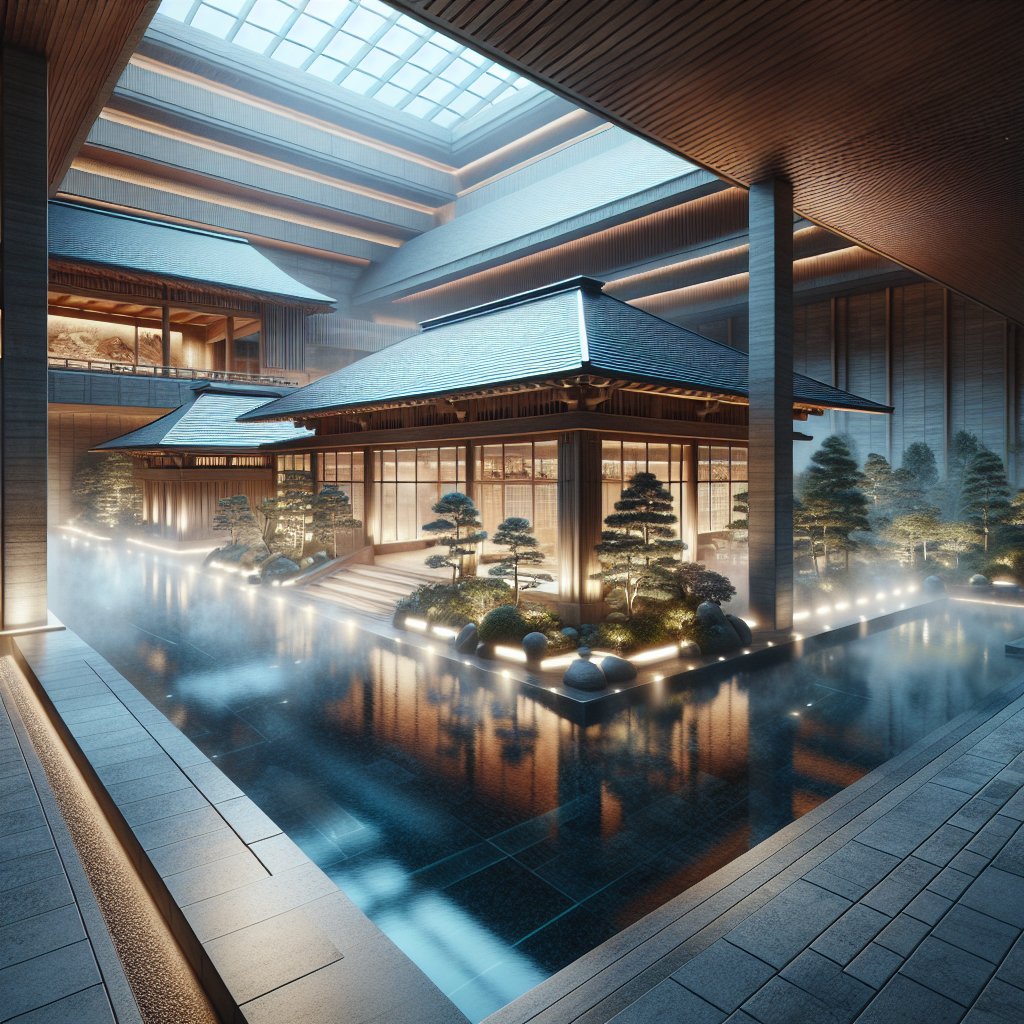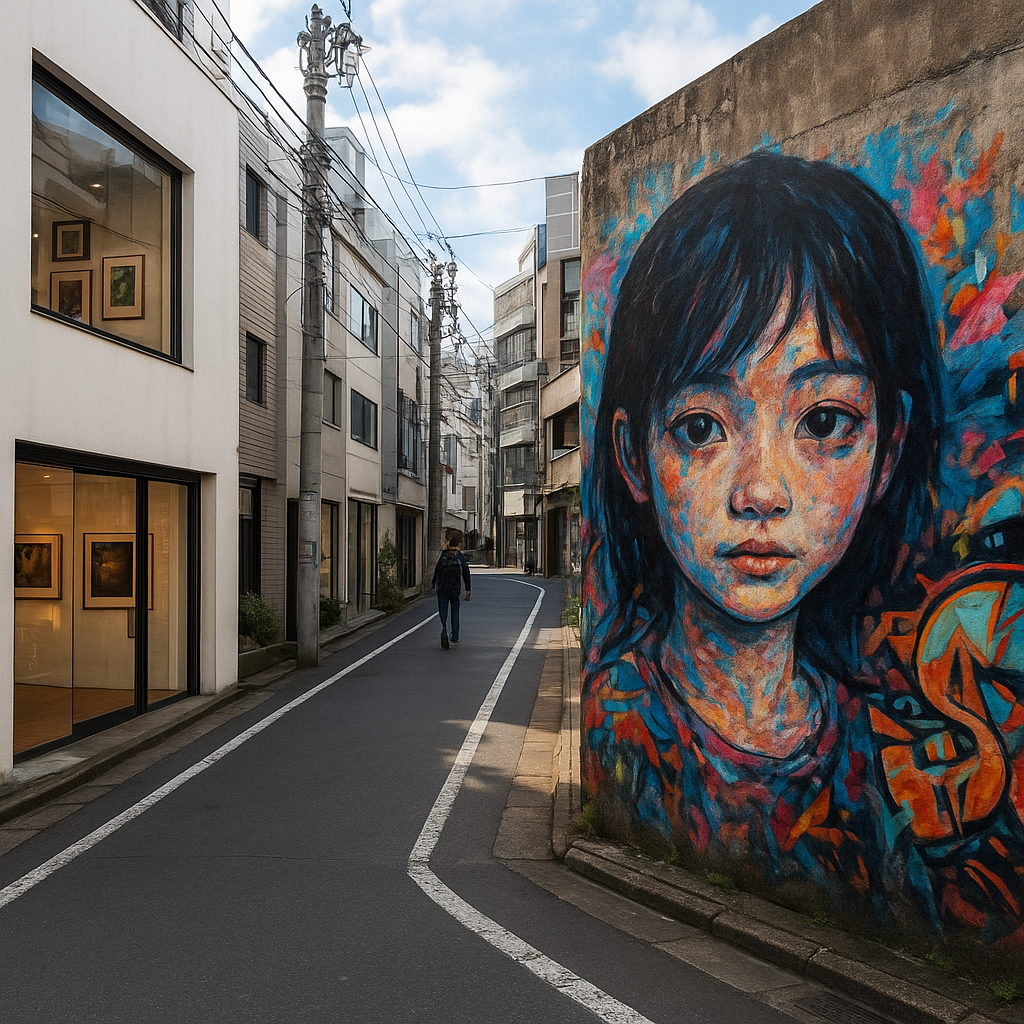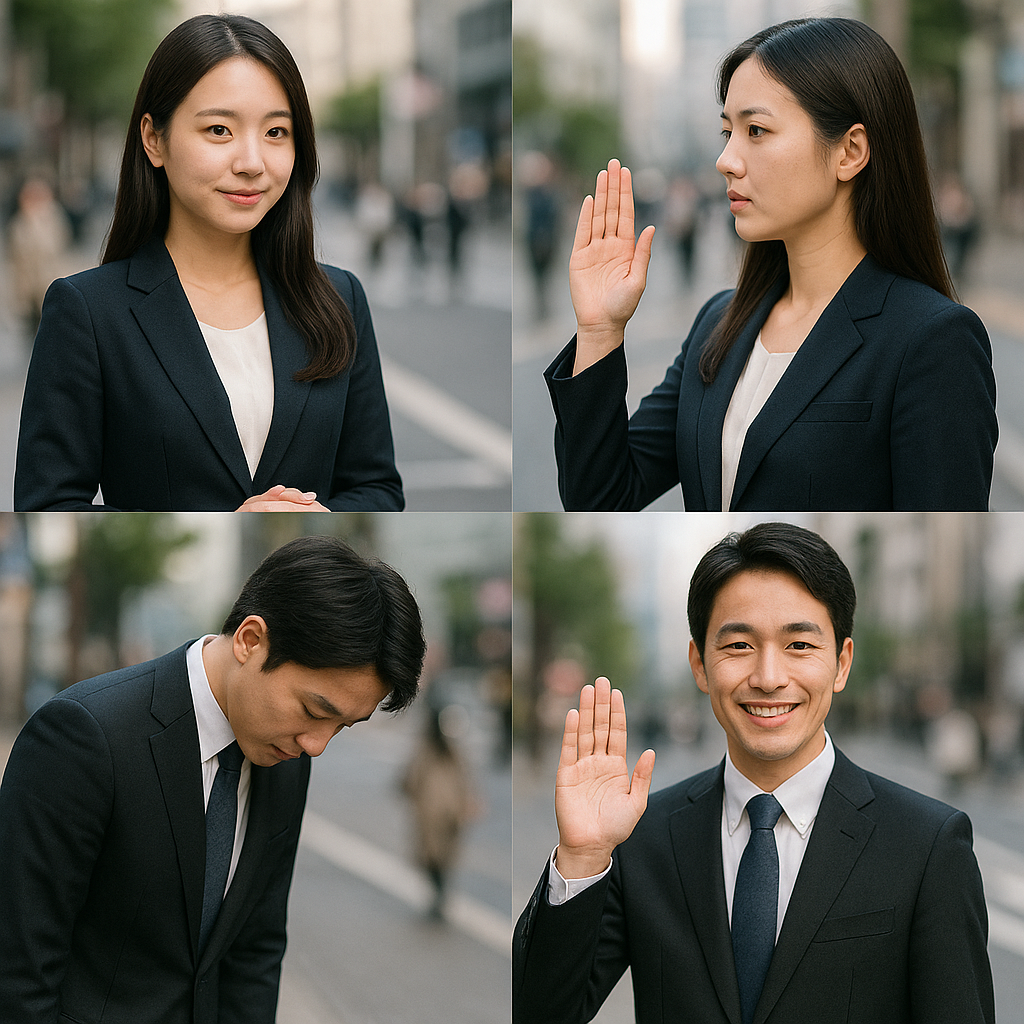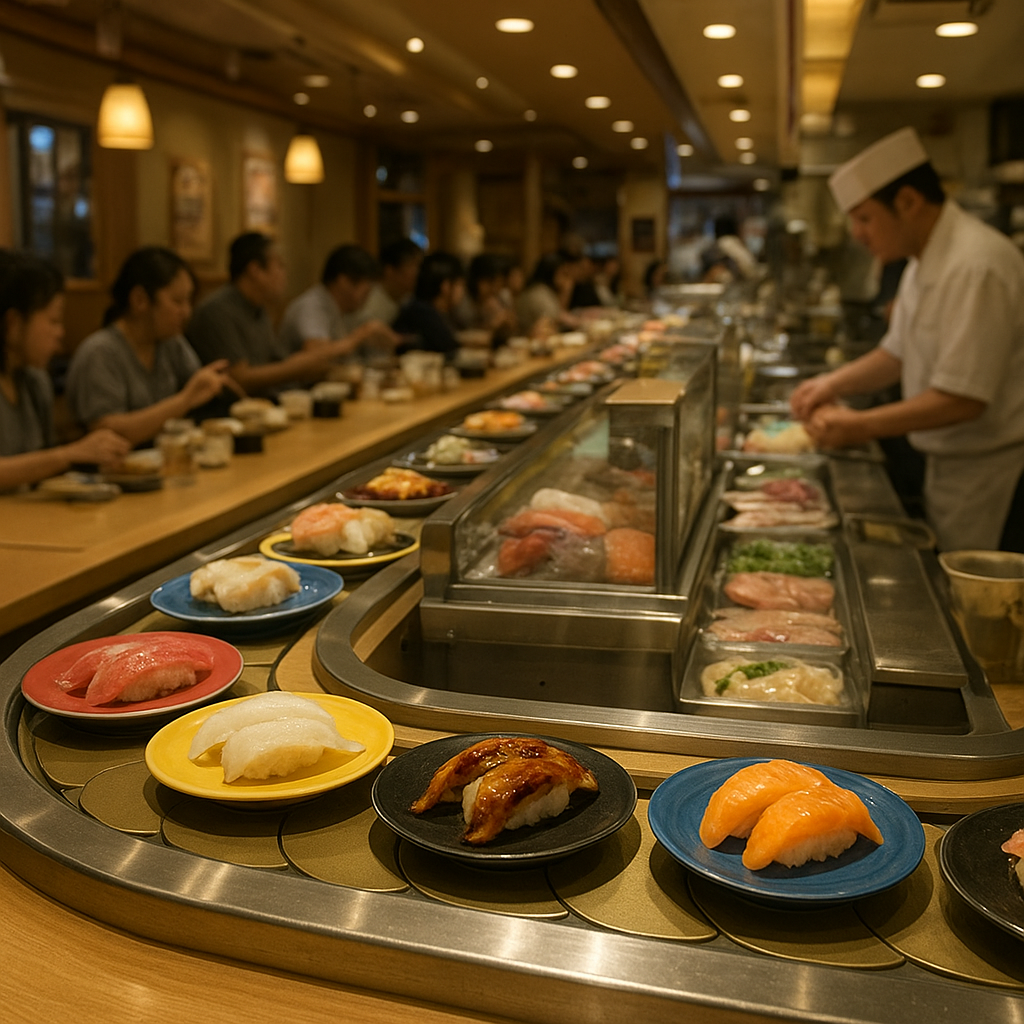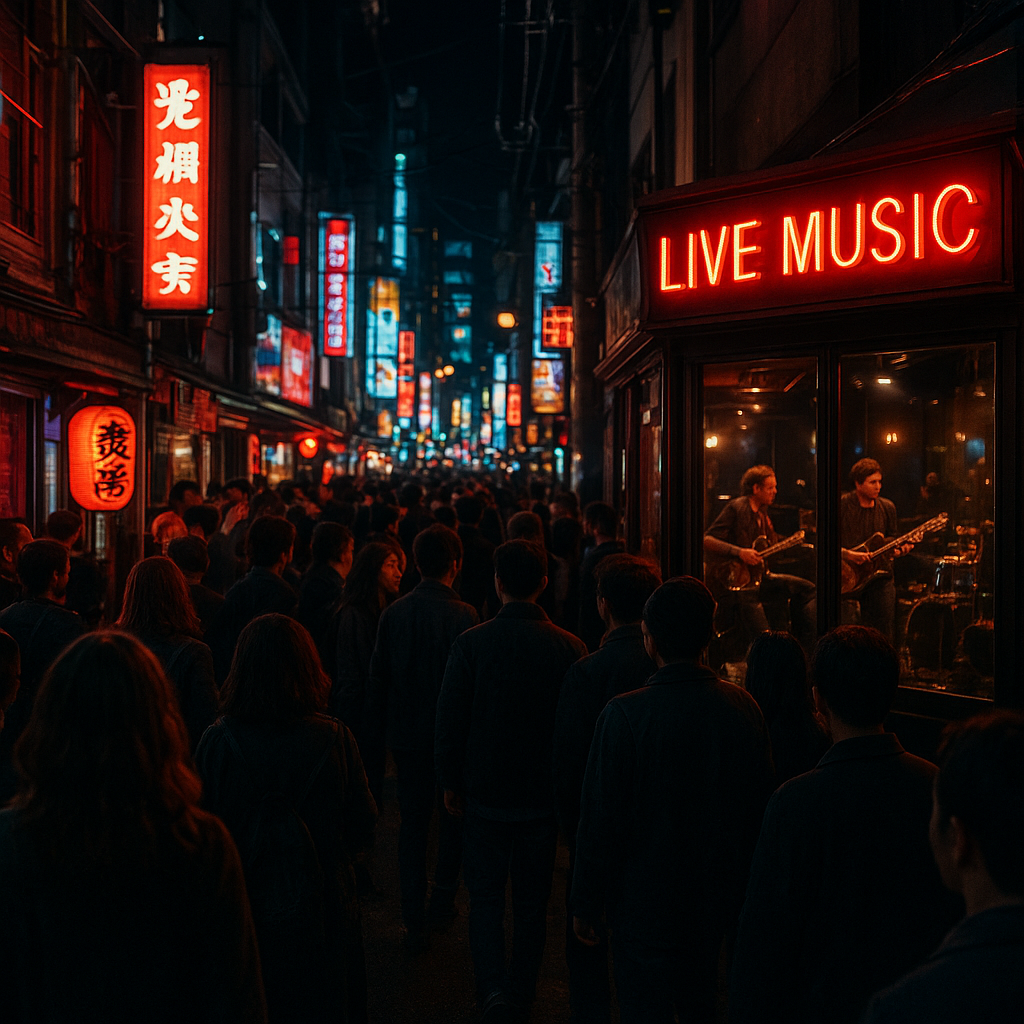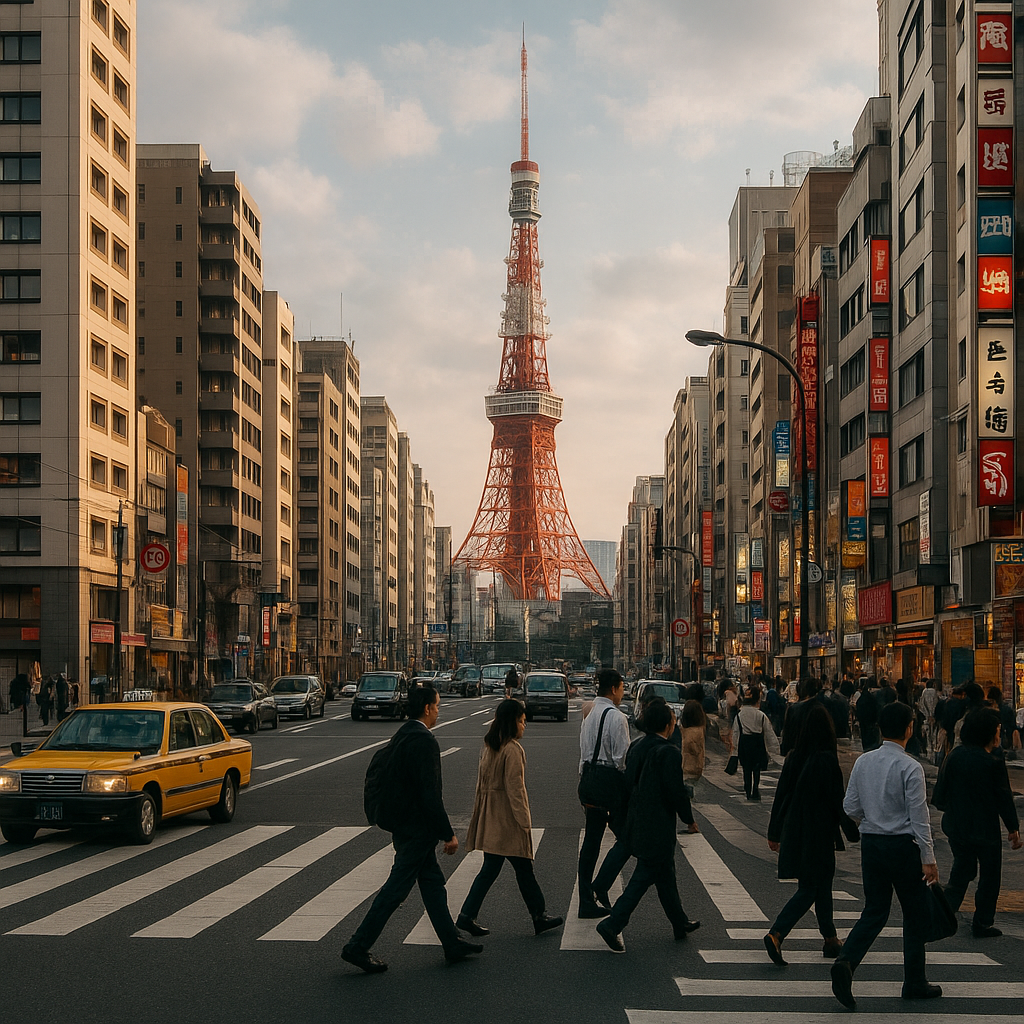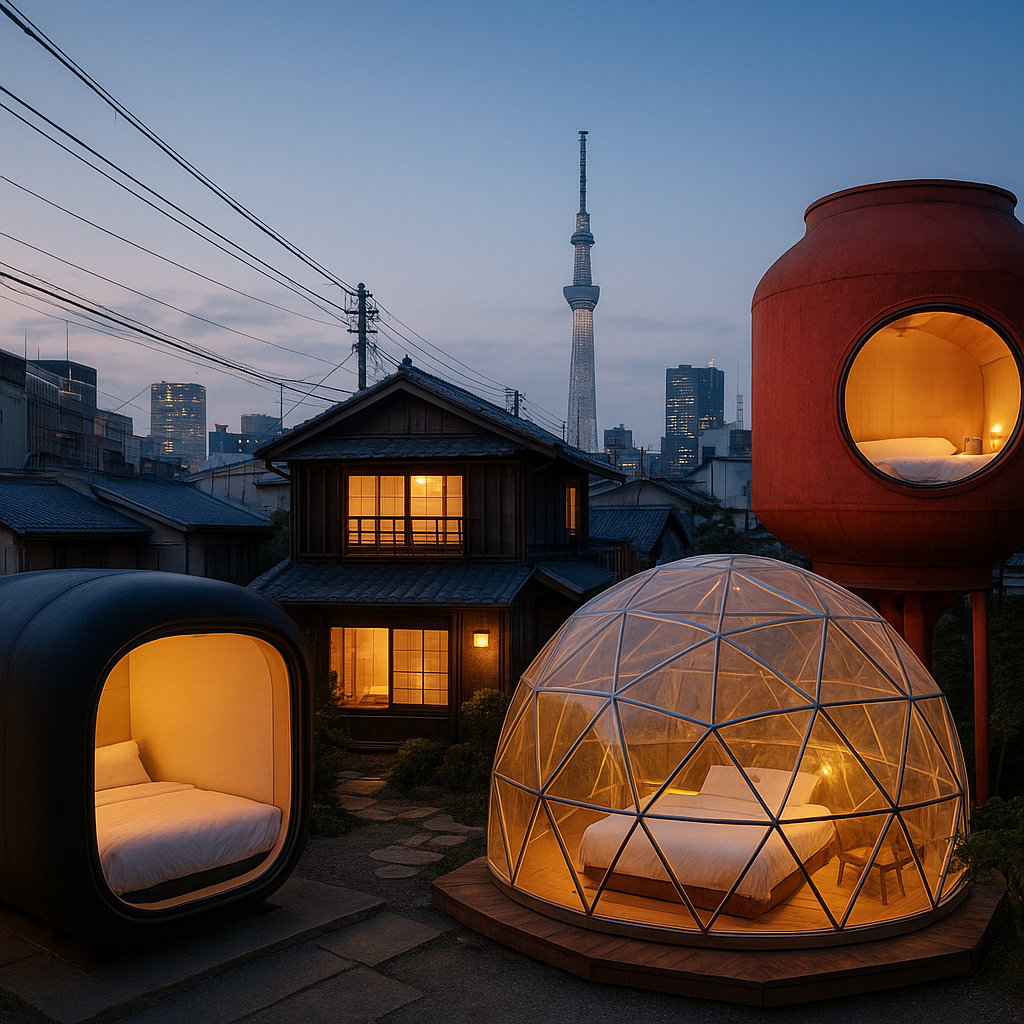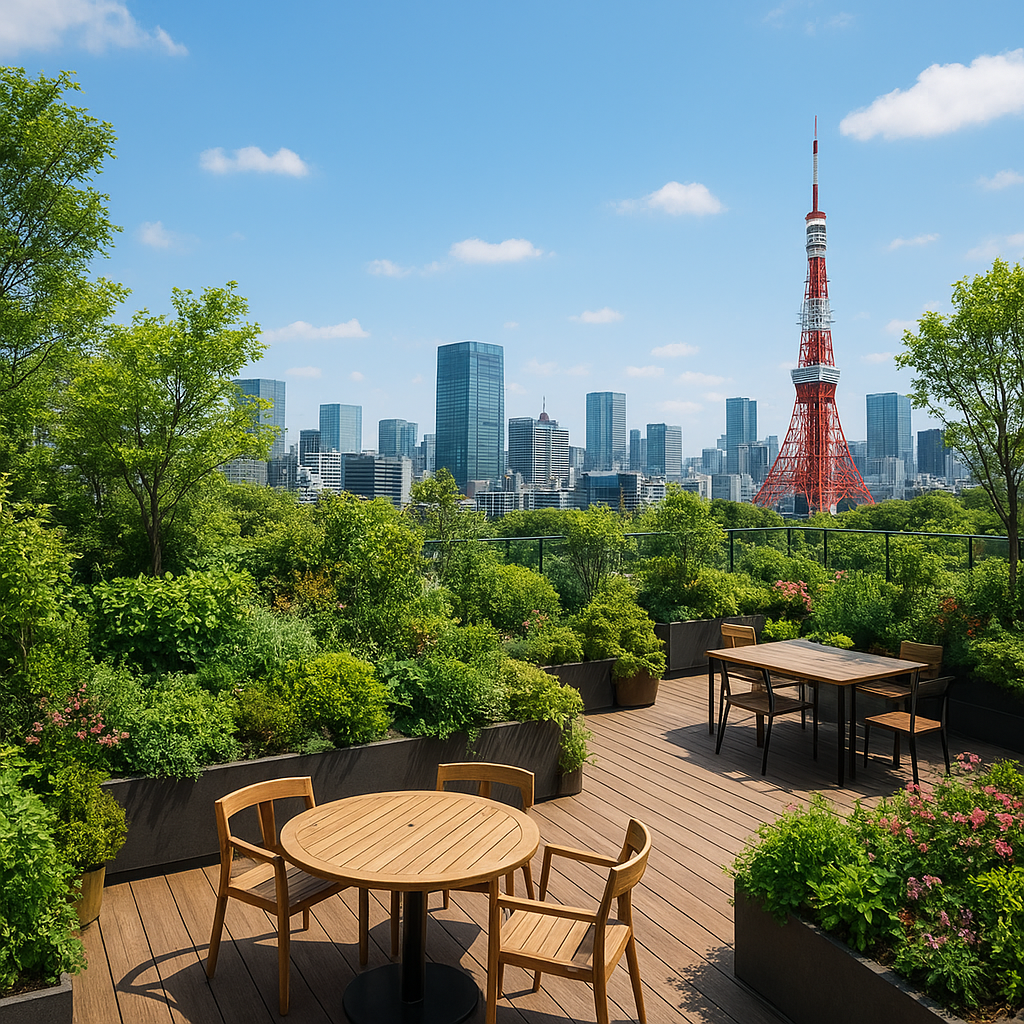Tokyo, a bustling metropolis known for its skyscrapers, neon lights, and rich cultural heritage, is also home to some of the most relaxing hot springs and onsen spas in Japan. Despite its urban landscape, Tokyo offers a surprising number of tranquil retreats where locals and tourists alike can unwind and rejuvenate. This article explores the best hot springs and onsen spas in Tokyo, providing insights into their unique offerings and the cultural significance of these traditional Japanese baths.
The Cultural Significance of Onsen in Japan
Onsen, or hot springs, hold a special place in Japanese culture, offering not only physical relaxation but also a spiritual and communal experience. The tradition of bathing in onsen dates back centuries and is deeply rooted in the Japanese way of life. These natural hot springs are rich in minerals, believed to have healing properties that can alleviate various ailments and improve overall well-being.
In Japan, visiting an onsen is more than just a bath; it is a ritual that involves cleansing the body and mind. The process typically begins with a thorough wash and rinse before entering the communal bath, ensuring that the water remains clean for all users. This practice reflects the Japanese values of respect, cleanliness, and harmony with nature.
Onsen are often located in scenic areas, surrounded by mountains, forests, or near the coast, providing a serene backdrop for relaxation. In Tokyo, however, the onsen experience is uniquely urban, offering a blend of traditional and modern elements that cater to the city’s diverse population.
Top Onsen Spas in Tokyo
Oedo Onsen Monogatari
Located in the Odaiba district, Oedo Onsen Monogatari is one of Tokyo’s most popular onsen theme parks. This sprawling complex recreates the atmosphere of the Edo period, complete with traditional architecture, yukata (casual kimono) rentals, and a variety of indoor and outdoor baths. Visitors can enjoy different types of baths, including open-air rotenburo, foot baths, and even a sand bath. The facility also offers a range of dining options and entertainment, making it a perfect day-trip destination for families and tourists.
LaQua
Situated in the heart of Tokyo, LaQua is a modern spa complex located within the Tokyo Dome City. Known for its natural hot spring water sourced from deep underground, LaQua offers a luxurious onsen experience with a variety of baths, saunas, and relaxation areas. The facility also features a range of beauty and wellness treatments, including massages and facials, catering to those seeking a comprehensive spa experience. Its convenient location makes it an ideal spot for a quick escape from the city’s hustle and bustle.
Thermae-Yu
Nestled in the vibrant district of Shinjuku, Thermae-Yu is a 24-hour onsen facility that combines traditional Japanese bathing with modern amenities. The spa features a variety of baths, including a carbonated spring bath, a silk bath, and a cold bath, each offering unique health benefits. Thermae-Yu also boasts a spacious relaxation area, complete with reclining chairs and a library, providing a peaceful retreat for visitors at any time of day or night. Its central location and extensive facilities make it a popular choice for both locals and tourists.
Etiquette and Tips for Visiting Onsen
For those new to the onsen experience, understanding the etiquette is essential to fully enjoy the visit. Here are some key tips to keep in mind:
- Cleanse Before Entering: Always wash and rinse thoroughly before entering the communal baths. This is a crucial step to maintain hygiene and respect for other bathers.
- No Swimwear Allowed: Onsen are typically enjoyed nude, and swimwear is not permitted. Towels can be used for modesty when moving between baths.
- Respect Quietness: Onsen are places of relaxation, so it’s important to keep noise to a minimum and respect the tranquility of the environment.
- Tattoos: Some onsen have restrictions on visible tattoos due to cultural associations. It’s advisable to check the policy beforehand or cover tattoos with a waterproof bandage if necessary.
By following these guidelines, visitors can ensure a respectful and enjoyable onsen experience, immersing themselves in this cherished aspect of Japanese culture.
Conclusion
Tokyo’s hot springs and onsen spas offer a unique opportunity to experience a traditional aspect of Japanese culture amidst the modernity of the city. Whether seeking relaxation, healing, or a cultural experience, the onsen in Tokyo provide a perfect escape from the urban hustle. From the historical ambiance of Oedo Onsen Monogatari to the modern luxury of LaQua and the convenience of Thermae-Yu, there is an onsen experience to suit every preference. Embrace the tranquility and rejuvenation that these hot springs offer, and discover a different side of Tokyo that is both timeless and refreshing.
